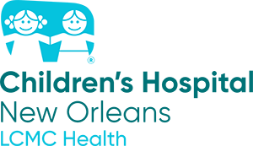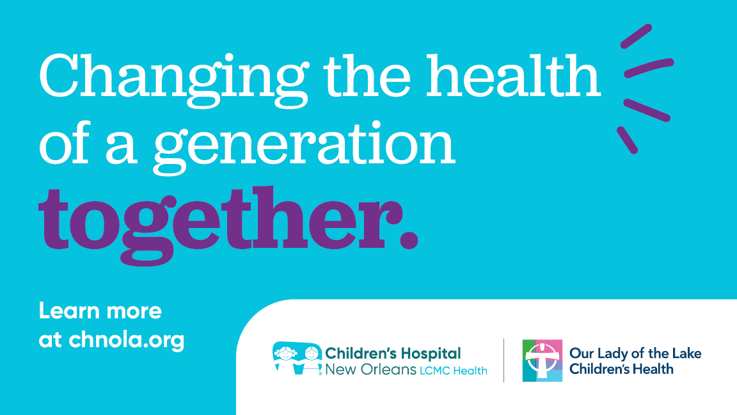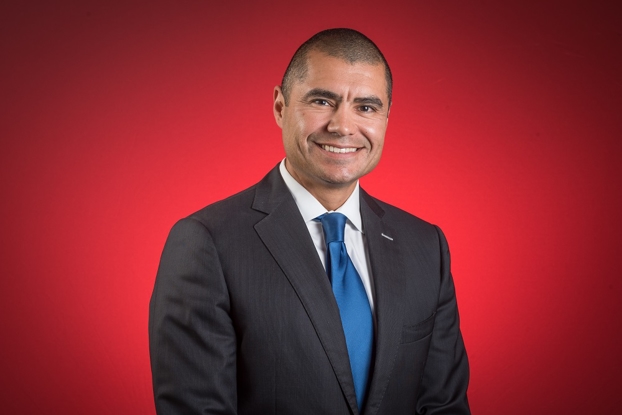Eliza’s heart journey: A remarkable story of challenges, uncertainty and hope
- Category: Cardiology, Living Well, Patient Stories, Keep Kids Well
- Posted on:
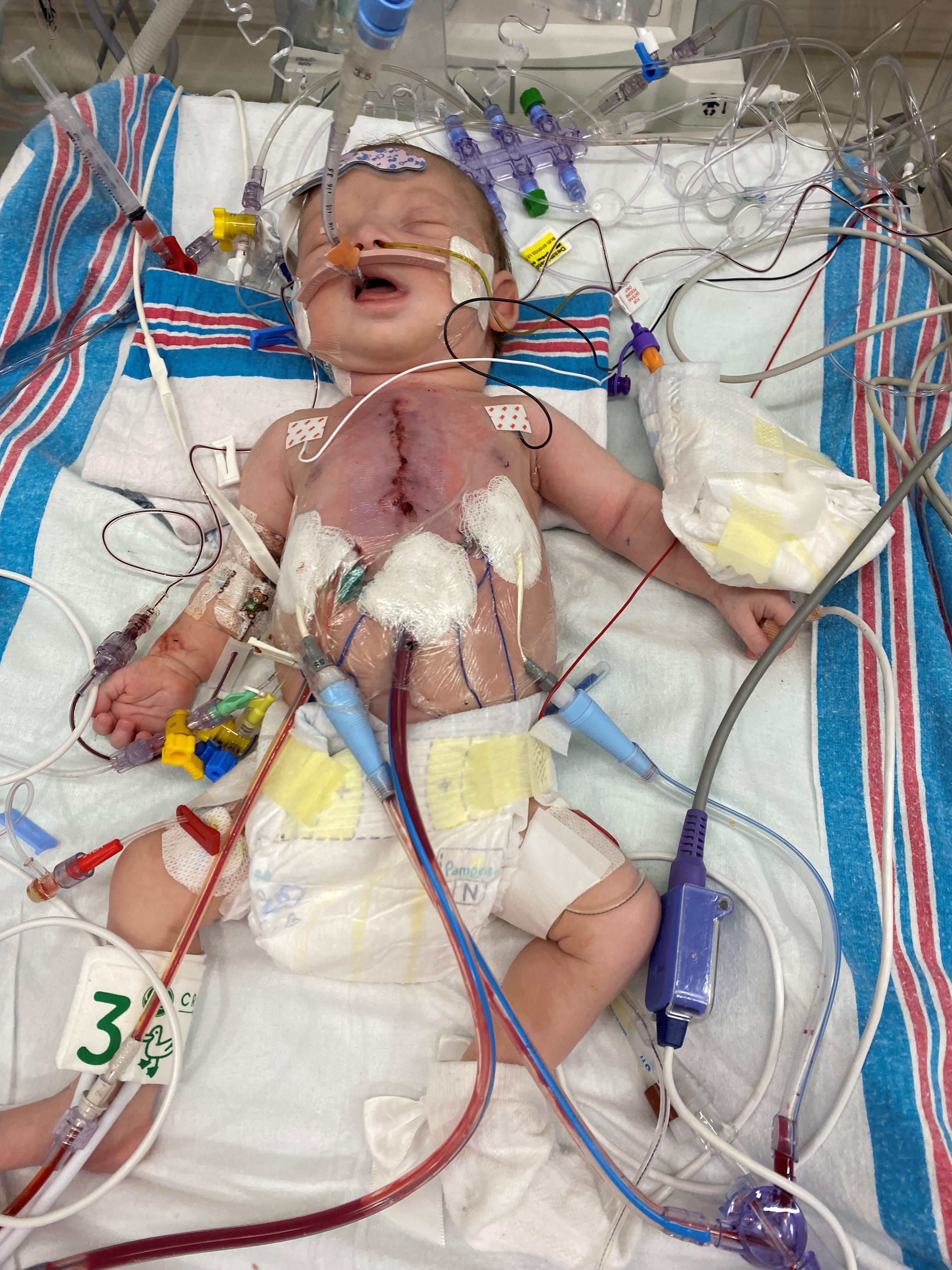
When Dennis and Aaron McDuffie discovered they were going to have a baby at the age of 41, a whirlwind of surprise and joy swept over them. After years of trying to conceive following the birth of their first child, and eventually welcoming an adopted daughter into their lives, they thought a natural pregnancy was not even possible. But little did they know this pregnancy would lead them on an extraordinary journey, filled with challenges, uncertainty, and a profound sense of hope.
A surprise blessing
The McDuffie’s story began when they visited Aaron’s physician to address a health concern. To their surprise, they found out Aaron was already 11 weeks pregnant during that visit. It was a real curveball because they assumed they couldn’t have more kids naturally. With a 10-year-old daughter and a 2-year-old daughter, they soon realized this pregnancy would have its unique challenges. 
While Aaron’s maternal age made her pregnancy high risk, it was the discovery of a two-vessel umbilical cord during an ultrasound that set them on a different path. A two-vessel cord is when the umbilical cord has two blood vessels instead of three. These blood vessels supply oxygen and nutrients to the baby from the mother, and eliminate waste products from the developing fetus.
This unexpected turn of events led them to consult with a high-risk maternal fetal medicine doctor in Mobile, Alabama, a 45-minute drive from their home in Hurley, Mississippi. To add to their concerns, Aaron developed gestational diabetes during her pregnancy, further elevating the risks involved. Her condition required frequent monitoring. Then, as Aaron went in for her 24-week ultrasound to check on her baby, the couple received startling news they never anticipated: their soon-to-be daughter, whom they had chosen to name Eliza, had a congenital heart condition.
Eliza had Tetralogy of Fallot (TOF), a congenital heart problem characterized by four abnormalities that result in a decreased oxygen supply to the body. These defects include a narrowed pulmonary artery, a ventricular septal defect (hole between the heart’s ventricles), an overriding aorta, and an enlarged right ventricle. Infants with TOF can have “tet spells,” causing their skin to turn blue.
“I cried,” Aaron recalled. “I mean, that’s our baby. We didn’t know what to expect. The heart is such a crucial part of the body. The doctor explained TOF to us, but didn’t know the full extent of Eliza’s TOF at the time. Physically, she was growing well; it was just her heart that wasn’t normal.”
Top of Form
Aaron had frequent check-ups with her OB-GYN and maternal fetal medicine (MFM) doctors. Every week brought a new set of emotions as they closely monitored her baby’s growth and progression of her heart condition. Fetal echocardiograms became a regular part of their prenatal care routine.
Eliza’s arrival
Then, at 37 weeks into Aaron’s pregnancy, she began experiencing symptoms. She and her husband rushed to Children’s and Women’s Hospital in Mobile for evaluation. Upon arrival, Aaron was already 4 centimeters dilated, and her contractions continued to progress from that point.
On July 17, 2023, Eliza made her grand entrance. Born at 37 weeks and one day, she weighed a healthy 5 pounds and 14 ounces. Immediately after her birth, Eliza was admitted to the neonatal intensive care unit (NICU) for close monitoring. However, her journey was far from smooth sailing.
“We spent about one week in the NICU, and they were preparing to send us home,” said Aaron. “However, that’s when she started having tet spells, and her oxygen saturation levels began to drop. She wasn’t blue when she was born; the tet spells began when she was 5 days old, and her oxygen levels kept declining. They said once she starts having tet spells, it could get worse.”
That evening, Eliza was transported via helicopter to the cardiac intensive care unit (CICU) at Children’s Hospital New Orleans. When the McDuffies arrived, Eliza was stable and doing well. However, things took a turn a few days later when her oxygen saturation levels began to drop.
“We had initially hoped Eliza could hold off on her TOF surgery until she was between 3 to 6 months old. But it became evident that she needed the surgery much sooner,” Aaron explained. Her oxygen levels started decreasing rapidly, and they couldn’t maintain them for more than 7 seconds. Dr. Pigula, her heart surgeon, told us we couldn’t delay the heart surgery any longer.”
Dr. Frank Pigula, chief of pediatric cardiothoracic surgery and co-director of the Heart Center, explained to the McDuffies how he would repair Eliza’s congenital heart condition. Their primary goal was to preserve her pulmonary valve because not doing so could mean more surgeries and procedures throughout her life. He wouldn’t know until he started the surgery.
“It was truly frightening for us,” Aaron admitted. “We didn’t have any family with us at that moment. All we could think about was how tiny she was and the fact that she was about to undergo major heart surgery. She hadn’t even had a chance to grow. She was just 13 days old. Nonetheless, her surgery was crucial to stabilize her oxygen levels. We leaned on our faith and received regular updates throughout the entire surgical process. The team kept us updated.”
Eliza’s open-heart surgery
On July 30, 2023, Dr. Pigula performed the 3-hour TOF operation on 13-day-old Eliza. 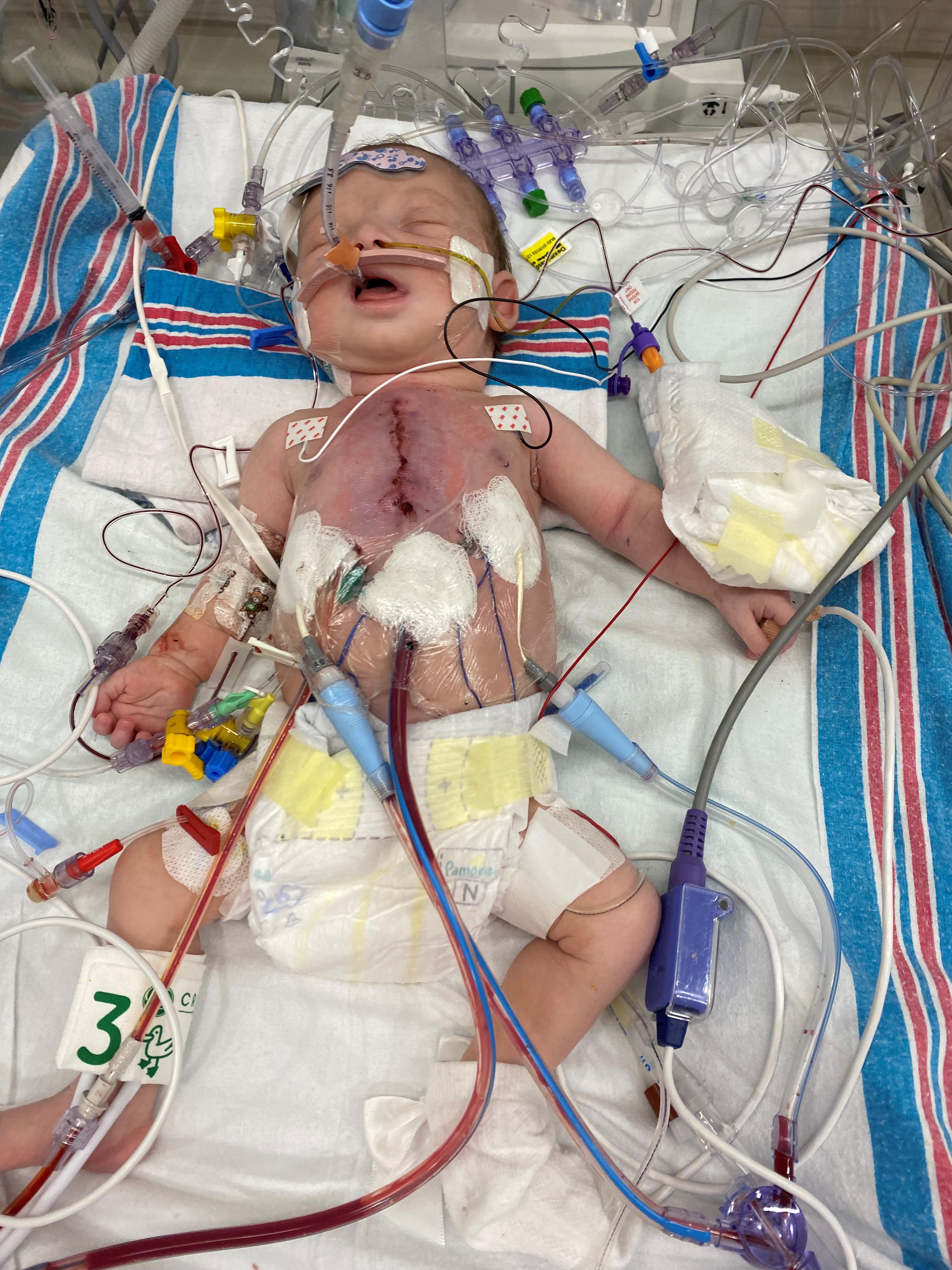
“We were able to successfully repair Eliza’s Tetralogy of Fallot,” said Dr. Pigula. “We closed the ventricular septal defect, repositioned the aorta to its correct location, and relieved the pulmonary stenosis, all while sparing her pulmonary valve and preserving her heart’s natural function.”
After her surgery, Eliza had to use a ventilator for a little while. Then, the nurses switched her to a nasal cannula, but when they took that off, she had some trouble breathing. So, they put her back on the nasal cannula for about a week. She stayed in the CICU for about three-and-a-half weeks.
During the initial couple of days, Eliza was pretty much asleep. Then, her care team gradually started reducing her medications. However, during an attempt to remove a chest tube, some air got in and her lung collapsed. Luckily, Dr. Pigula was right there to reinsert the chest tube, and it remained in place for another day or so. When they removed it the second time, she was fine.
“From that moment on, I found myself questioning every little procedure on our daughter, always thinking about the worst possible scenario,” said Aaron. “We were on pins and needles because our baby’s condition was delicate. Thankfully, there were no other complications after that. We were relieved Dr. Pigula was able to spare Eliza’s pulmonary valve during her heart surgery. After surgery, the focus was on helping Eliza grow and encouraging her to eat and gain more weight.”
Eliza relied on an NG tube for feeding for about 3 weeks before her discharge, during which an occupational therapist helped improve her feeding skills while a respiratory therapist assisted with her breathing. Once Eliza was able to breathe and eat on her own, she was able to head home.
Eliza today
Eliza, who is now 3 months old, is thriving. She currently weighs 9 pounds and 8 ounces, and she is an incredibly content and happy baby. She adores her playtime with her toys and loves to look at people’s faces. Recently, she had a follow-up appointment with her pediatric cardiologist in Mobile, and the news couldn’t be better!
“We are grateful to Dr. Pigula and his amazing team for taking exceptional care of our baby,” said the McDuffies. “To us, they are like an extension of our family. Every single person we encountered, including our nurses, were so kind and attentive. No matter what questions or concerns we had, they patiently addressed them all. Their made us feel right at home. They put little bows in our daughter’s hair to make her feel like any other happy baby. They were very thoughtful and caring.”
For more information about the Heart Center at Children’s Hospital New Orleans, visit our website:
Cardiac Intensive Care | Children's Hospital New Orleans (chnola.org)
